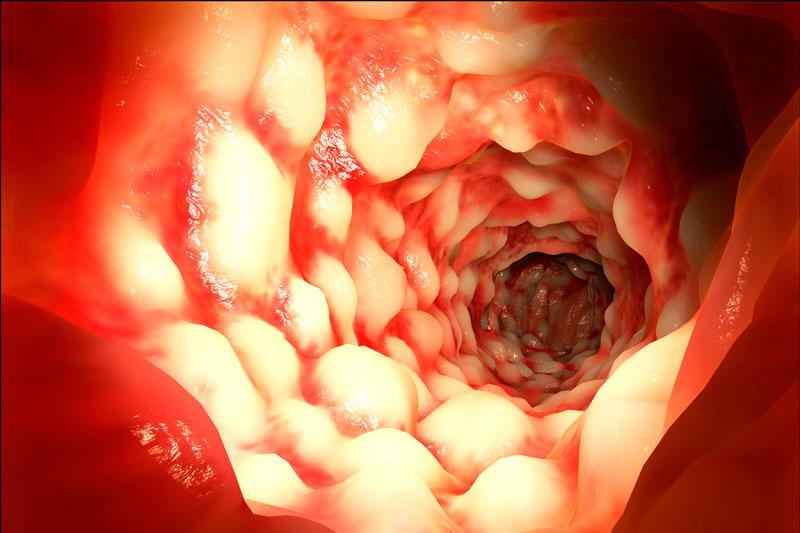
The novel faecal bacterial marker m3 from a Lachnoclostridium species has potential clinical utility in the diagnosis of colorectal adenoma, performing better than other bacterial markers and currently available stool-based tests, according to a recent study.
Researchers collected faecal samples (n=1,012) from two independent Asian groups—Hong Kong (n=698; 203 had colorectal cancer [CRC], 207 had adenoma and 288 were normal controls) and Shanghai (n=313; 71 had CRC, 145 had adenoma and 97 were normal controls). They used metagenomics to identify candidate markers for CRC, which were subsequently validated via quantitative PCR.
Metagenomic analysis revealed that the faecal microbiome of adenoma patients contained an abundance of m3 from a Lachnoclostridium sp., Fusobacterium nucleatum (Fn) and Clostridium hathewayi (Ch). Faecal m3 and Fn increased accordingly from normal to adenoma to CRC (p<0.0001) in the Hong Kong cohort, as well as in the Shanghai cohort (p<0.0001).
Faecal m3 outdid Fn in differentiating between adenoma and controls, with areas under the receiver operating characteristic curve (AUROCs) of 0.675 vs 0.620 (p=0.09). Conversely, Fn performed better in diagnosing CRC (AUROCs, 0.862 vs 0.741; p<0.0001).
At 78.5 percent specificity, m3 and Fn had corresponding sensitivities of 48.3 percent and 33.8 percent for detecting adenoma, and 62.1 percent and 77.8 percent for CRC.
In a subgroup of individuals who underwent faecal immunochemical test (FIT; n=642), m3 showed better diagnostic performance than FIT (sensitivities for nonadvanced and advanced adenomas, 44.2 percent and 50.8 percent vs 0 percent and 16.1 percent, respectively). Combination with FIT notably increased the sensitivity of m3 for detecting advanced adenoma (56.8 percent).
The combination of m3 with Fn, Ch, Bacteroides clarus and FIT performed best for diagnosing CRC (specificity, 81.2 percent; sensitivity, 93.8 percent).